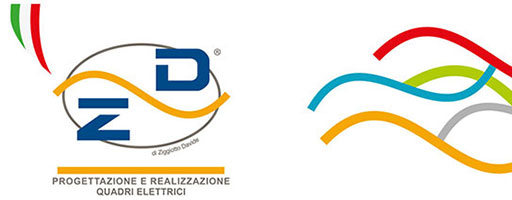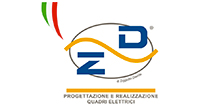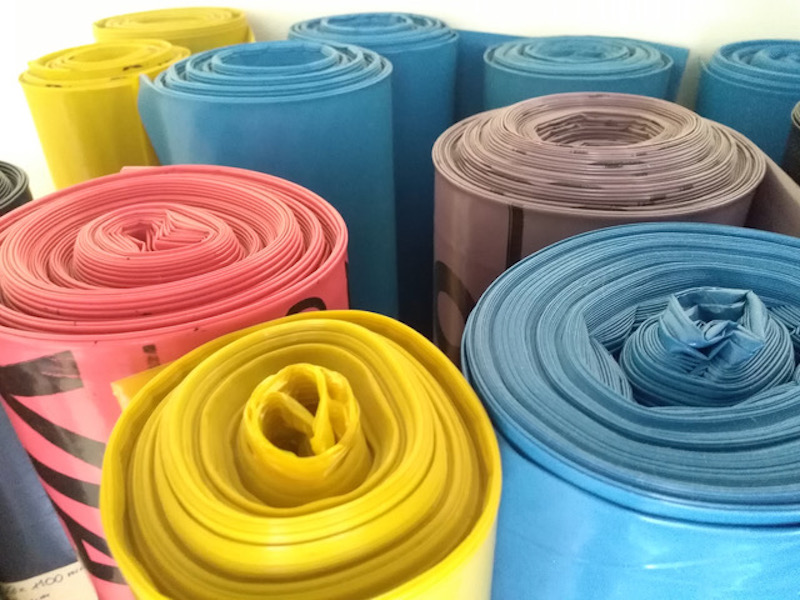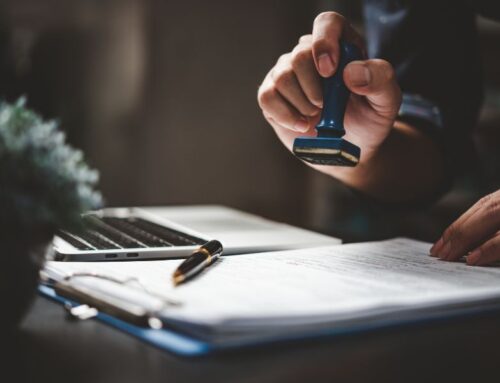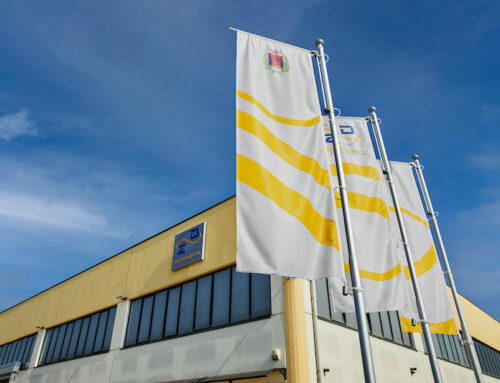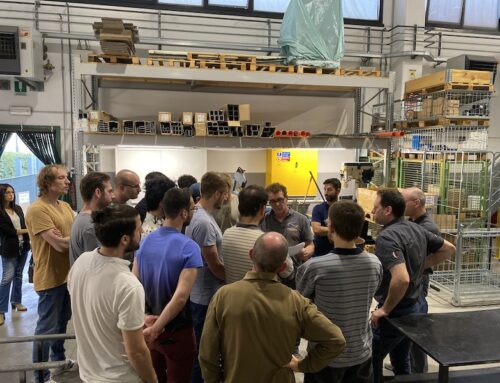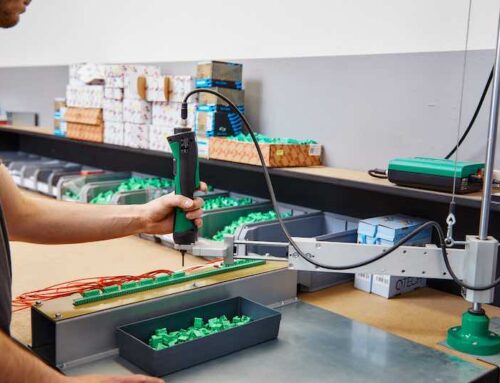The recycling of packaging waste is a ‘hot’ issue, even more so today, since Italy and Europe are going through a phase of ecological transition.
The data on recycling is on one hand disheartening but on the other hand quite encouraging. They show that Europe is still ‘dependent’ on plastic, but also that the recycling of this material is increasing.
Everyone is called upon to do their part, also at a company level where the recycling of packaging waste can make the difference, given that the statistics, when it comes to use of materials, are significant.
For this reason we have chosen, in keeping with our Environmental Ethics, to implement a program of special recycling regarding the packaging waste which we find stockpiled daily in our establishment.
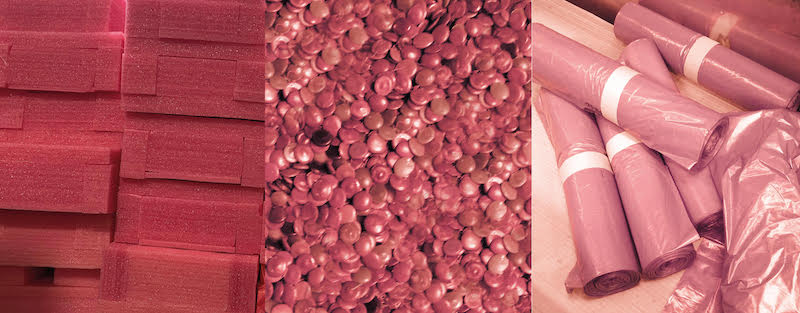
The different recycling phases of packaging waste.
The background to packaging waste
To understand the impact of packaging waste, we need to look at information which portrays the Italian and European situation of this sector,
According to PlasticsEurope, in 2019 Europe produced 58 million tons of plastic, that is 16% of global production.
The increased awareness of the risks linked to plastic, above all in the mass production of single-use products, pushed the European Union to act, by both limiting its production and also encouraging the recycling and re-use of this material.
Because the main point is this: plastic is used mainly for “packaging” so much so that 40% of production has this as its purpose and 94% of urban waste is made up of plastic packaging.
The actions put into place by Europe are contained in the package in the circular economy which contains important (and ambitious) aims for the recycling of plastic, including the forecast to manage to recycle 50% of plastic packaging by 2025 and 55% by 2030.
The measures outlined in the package have been implemented in Italy in the Legislative Decree 116/2020 which contains specific guidelines to prevent the production of waste from packaging, including plastic, plus incentives for the re-use and recycling of it.
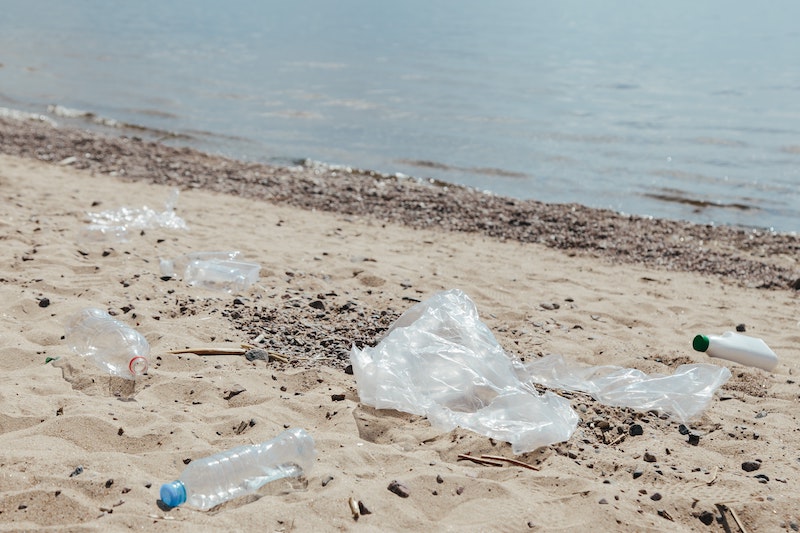
As we have pointed out, the statistics are on one hand disheartening but on the other hand encouraging.
They are disheartening if we consider the fact that the production of plastic packaging has increased by 9% in recent years, where 63% of all plastic packaging is destined for domestic use, while 37% for commercial and industrial use.
At the same time, the data on plastic pollution in the Ocse report highlight that, in 2019 alone, 22 million tons of plastic materials were dispersed into the environment.
88% of this is made up of macroplastics, or that larger than 5 millimetres, and this dispersion is mainly caused by an inadequate collection and disposal of the material.
These are the disheartening facts, but they are also a starting point from which to begin to reflect, to look to limit the problem as much as possible.
Because encouraging facts do exist and show that in our country there are those who are committed to breaking the ties with the past and to working towards a future showing respect to the environment.
There are, in fact, over 2 million tons of plastic which were recycled or retrieved before 2019.
2020 marked a sort of ‘black hole’, but the data from 2021 speaks of 800 thousand tons of recycled polymer produced from post-consumer waste in 2021 ( +17%) (source Plasticonsult per Assorimap).
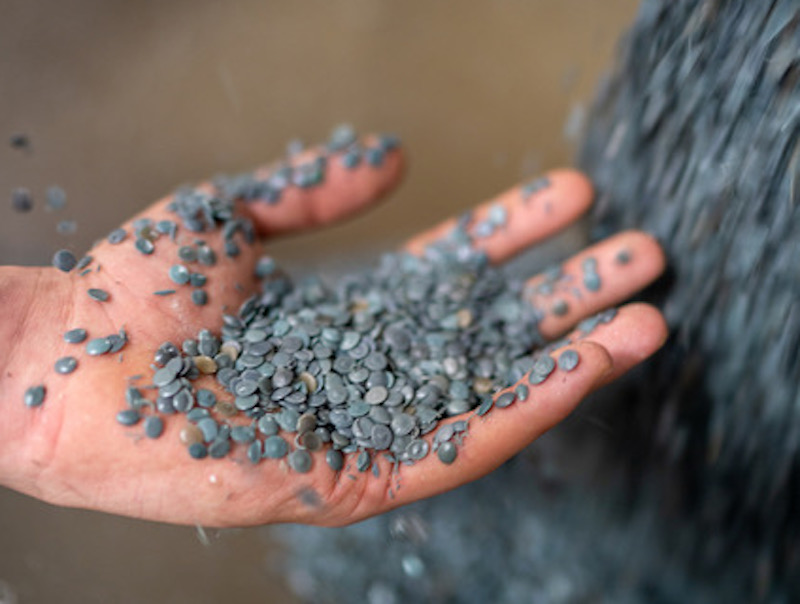
Treated plastic.
How does recycling of plastic waste happen?
Plastic waste can be retrieved for energy purposes if they generate heating power, or through chemical recycling.
Essentially, they are transformed into raw materials or secondary products through a substantial modification to the chemical structure of the plastic material.
The figures on the commitment to recycle is therefore increasing in Italy, which is encouraging news, and our choice is included within this setting with the implementation of recycling waste packaging.
It concerns a service whereby we use a company which, through various processes, transforms the plastics from packaging waste into bags for differentiated waste collection.
This service is EuCertPlast certified, an organisation which has as its goals to encourage the processes of plastic recycling respectful to the environment, through their standardization.
This certification is based on the traceability of the plastic material (during the whole process of recycling and the supply chain) and on the quality of the recycled content in the final product.
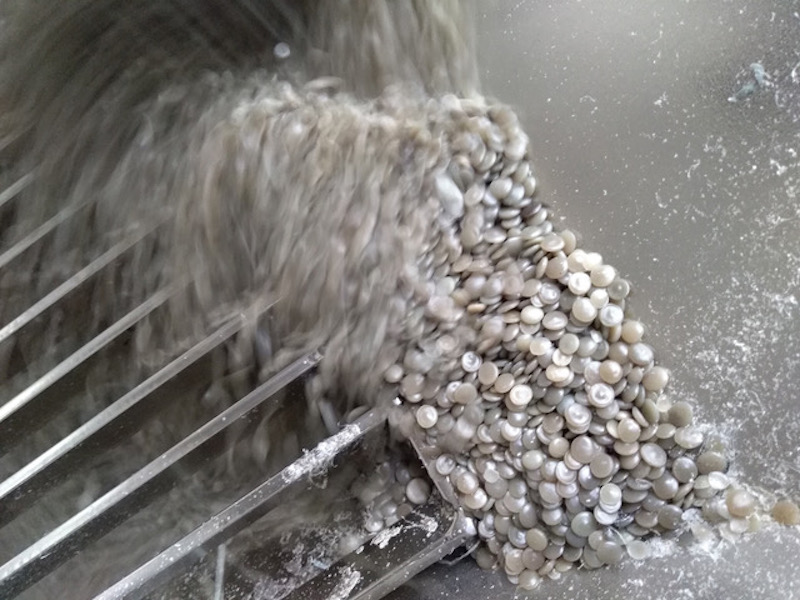
A phase in the recycling process of packaging.
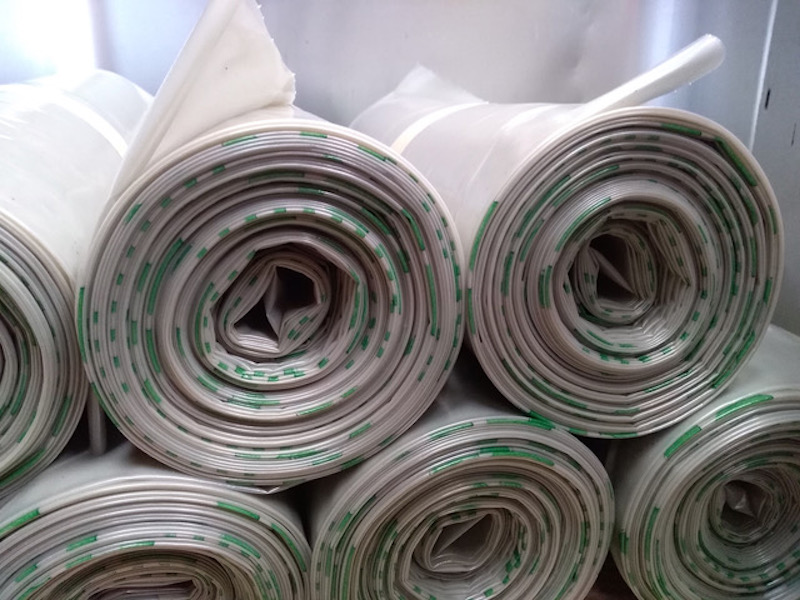
The result of the process of recycling of packaging waste: reusable bags.
Benefits for everyone
The choice to implement the recycling of packaging waste surely represents a cost, but reserves benefits for everyone.
- For the environment, given that the damage that plastic waste can generate in terms of soil, water and air pollution is known;
- For people, since it is time to break the unhealthy and dangerous habits of abandoning rubbish to its fate, or even hide it as unfortunately the press often reports;
- For artisanal and industrial development, because recycling packaging waste generates a new virtuous cycle at work;
- For our companies, because this service streamlines various procedures, generating a healthier environment for everyone in the workplace and offering the workers the possibility to dedicate themselves to more valuable tasks.
For further information about our company, contact us here..
OTHER SOURCES
